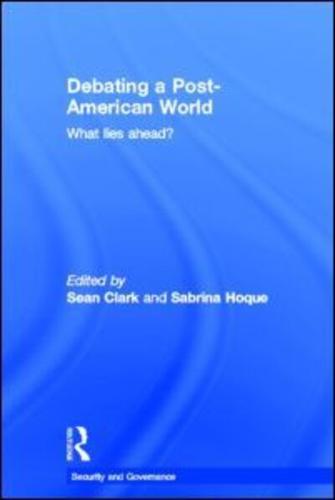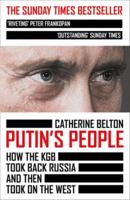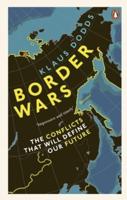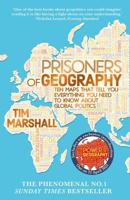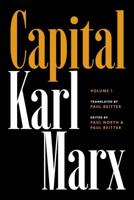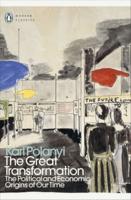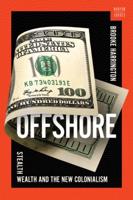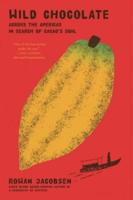Publisher's Synopsis
The United States is currently the linchpin of global trade, technology, and finance, and a military colossus, extending across the world with a network of bases and alliances. This book anticipates the possible issues raised by a transition between American dominance and the rise of alternative powers.
While a 'post-American' world need not be any different than that of today, the risk associated with such a change provides ample reason for attentive study. Divided into four parts, 50 international relations scholars explore and discuss:
- Power Transitions: addressing issues including the rise of China; the passing of American primacy and the endurance of American leadership.
- War and Peace: addressing nuclear weapons; the risk of war; security privatization and global insecurity
- Global Governance: addressing competition, trade, the UN, sovereignty, humanitarian intervention, law and power.
- Energy and the Environment: addressing resource conflict, petrol, climate change and technology.
This unique project offers a compilation of disparate arguments by scholars and policy practitioners, encompassing a plurality of disciplines and theoretical perspectives. By providing clarity and focus to this essential debate on the future of the world in the next several decades, Debating a Post-American World will be of interest to students and scholars of International Relations and global politics, American politics, US Foreign policy and International Security.
